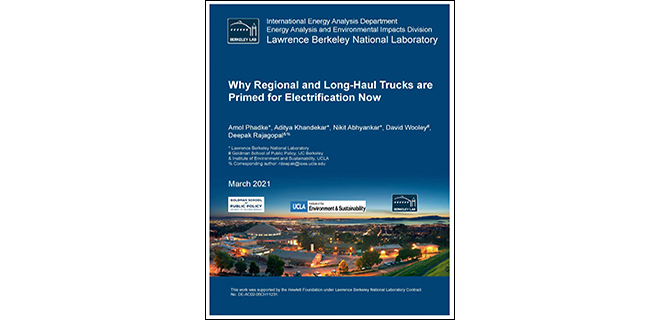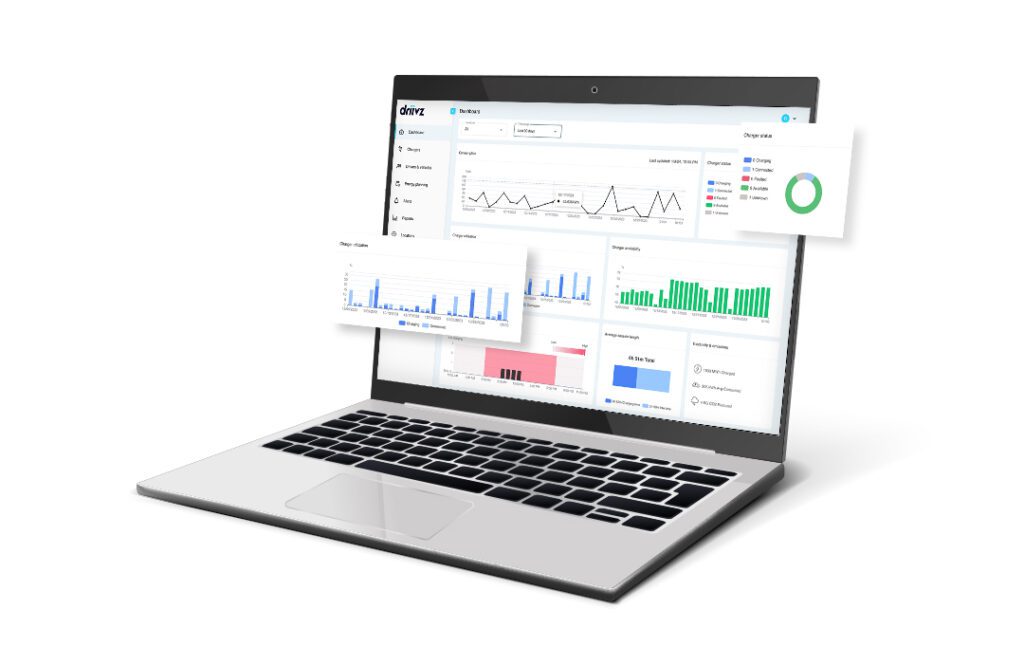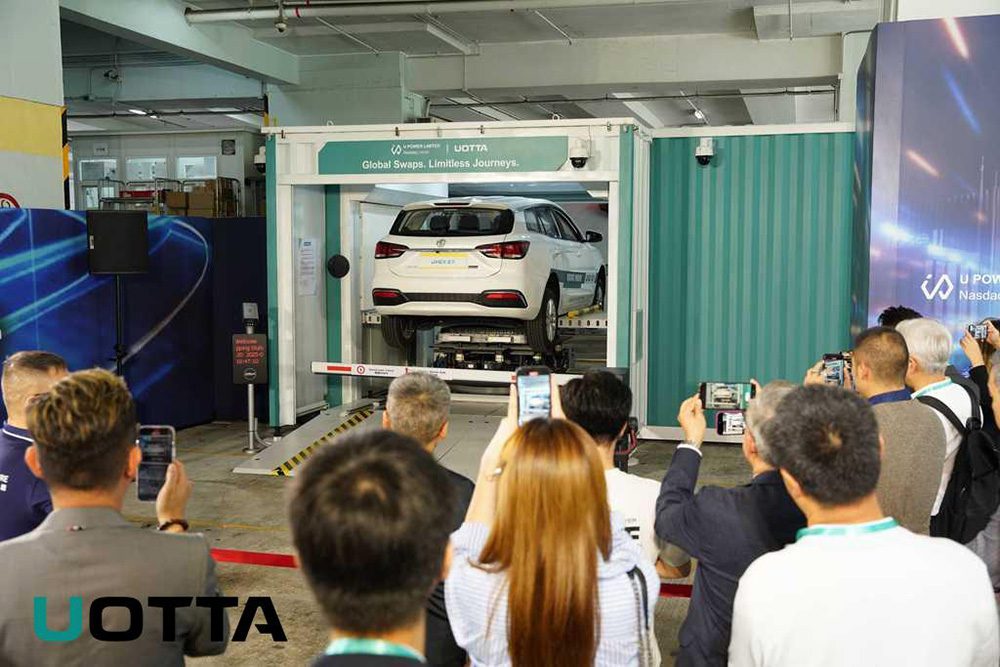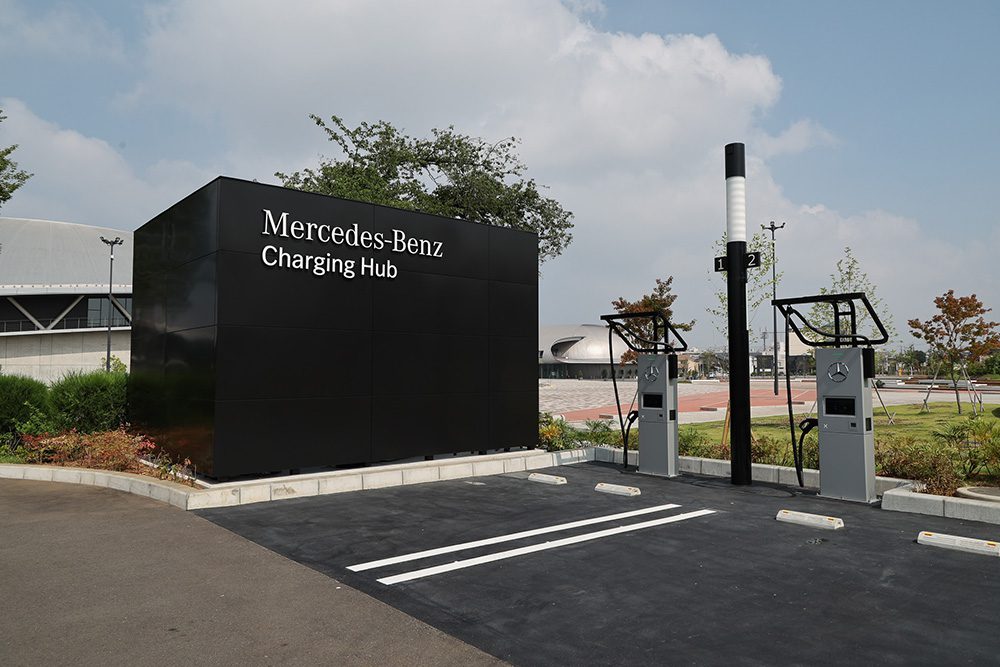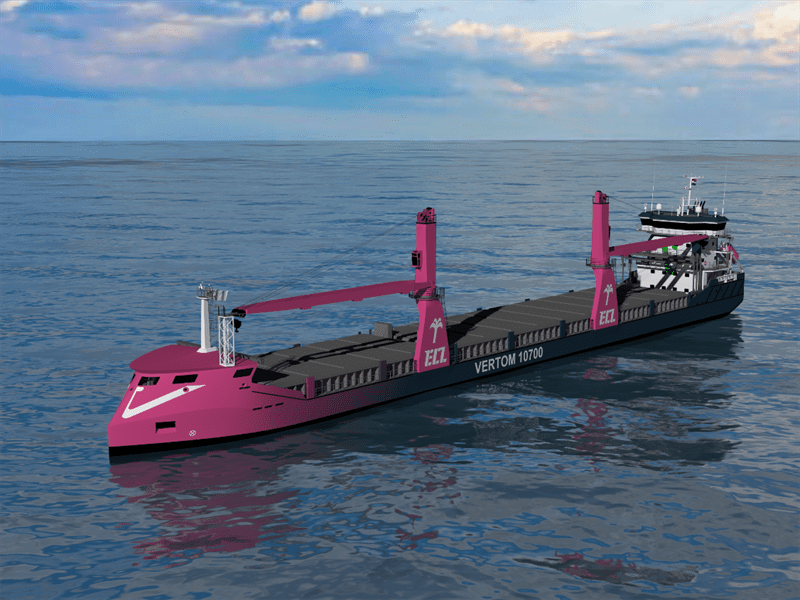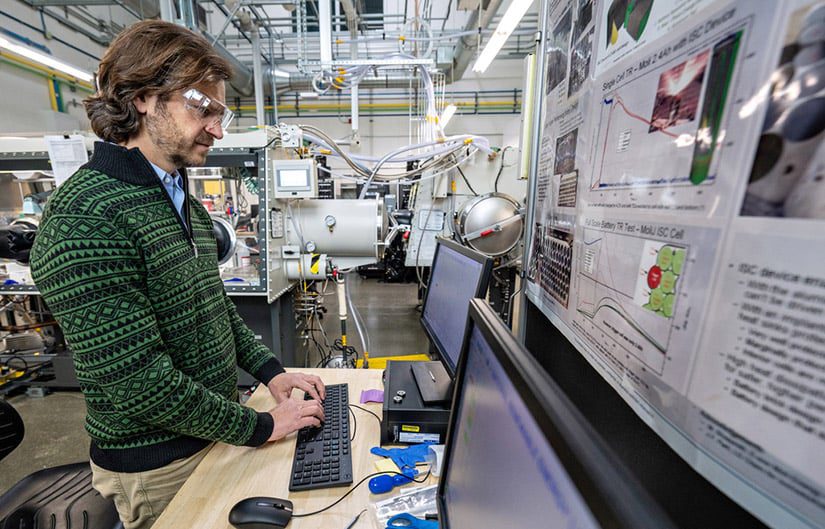It’s been a long haul for electric trucks—pilots have been going on for over a decade, but fleet operators are just beginning to put in serious orders. Battery costs are often cited as a barrier to faster adoption, but a new analysis concludes that a lack of appropriate policies around adoption incentives, charging infrastructure, and electricity pricing is what’s holding back widespread electrification.
Researchers from the DOE’s Lawrence Berkeley National Laboratory and the University of California, Los Angeles have published a new study that makes the case for prioritizing public policy to help electrify long-haul trucking, which would deliver huge reductions in emissions.
Berkeley Lab scientists have done extensive research on the impact of diesel trucks on air quality and public health. Even though diesel trucks account for a small fraction of vehicles, they are responsible for almost one third of motor vehicle CO2 emissions.
The study analyzes the total cost of ownership (TCO) of an electric long-haul truck compared to a diesel. Using the current price of a battery pack and assuming a 375-mile range, the researchers found that the TCO for an electric long-haul truck is 13% lower per mile, which translates to a net savings of $200,000 over the life of the truck.
The study authors also forecast that future reductions in battery costs and other expected improvements would result in a 50% reduction in TCO per mile by 2030. The electrification of long-haul trucking now belongs to the “adjacent possible,” so what’s the next step to get the nation’s truck fleet charged?
“Given the massive economic and environmental benefits, the case for long-haul electric trucking is stronger than ever before,” said Berkeley Lab Research Scientist Nikit Abhyankar, one of the authors of the study. “Enabling policies such as adoption and charging infrastructure incentives, sales mandates, and cost-reflective electricity pricing are crucial.”
“If we can move away from diesel-dependent heavy-duty vehicles, we have a chance at significantly reducing greenhouse gas and particulate emissions from the transportation sector,” said Berkeley Lab Staff Scientist Amol Phadke, lead author of the study.
Source: EurekAlert







